When we ask course participants in Qatar which aspect of team work they believe to be most important, the most common answer is “trust”. In fact, that’s an answer we hear in leadership and team development courses around the world. If you’ve experienced a low-trust team, you’ll understand why this factor makes such a difference.
Through this blog, we will share some of our insights into trust, and how to increase trust levels across your working relationships. Before we share our trust-building-tips, we will look more closely at what trust is and why it matters.
What is trust and why does it matter?
The tricky thing about trust, is it is not just one thing. If you are to fully trust someone at work, you will need to trust both their character and their competence. As a simple example, you would trust a great friend not to criticise you unfairly, or talk badly about you to other people (character). But, unless they’re a surgical opthalmologist, you would never trust them near your eyeballs with a high powered laser! That type of trust depends on the competence of he person for a particular task.
Steven Covey provides a further breakdown of trust into what he calls the four cores of credibility. These are a helpful framework to think about what’s going on when trust feels weak.
Character
(1) Integrity – the ability to be honest, even when it is personally embarrassing, or costly
(2) Intentions – the habit of acting out of good intentions that value other people
Competence
(3) Capabilities – developing increasing capability over time, while also being realistic about personal limitations
(4) Consistency – the habit of doing what you say you will and reliably delivering results on time
The above framework isn’t just a nice theory either. In 2014, Google’s HR department researched over 180 of their teams to find the factors which made some teams far more effective than others. Very interestingly, out of 5 significant factors, the top 2 they identified were aspects of trust. Firstly, they identified ‘psychological safety‘ , which they explained as “can we take risks on this team without feeling insecure or embarrassed”. Secondly, they found “dependability” to be important: “Can we count on each other to do high quality work on time?”.
The researchers found very tangible business results too. Individuals on teams with higher psychological safety were less likely to leave the company, were more likely to harness the power of diverse ideas from their teammates, brought in more revenue, and were rated as effective twice as often by executives.
Steps to build trust in a team
You have probably experienced relationships where trust dramatically increased, or decreased. We have highlighted below three trust building behaviours we explore during our “Establishing a High Performing Team” course.
Be honest
Be honest about mistakes and failures. This is a brave action for most of us, but it is a skill which becomes easier with practice. If you’re the team leader, you can powerfully set the team culture and improve psychological safety with this simple action. It may take time for others to follow your lead, but once they see that honesty is valued, they will find it easier to share difficult information.
Strengthen relational foundations
If the first tip feels just too much for your team, maybe you need to step back to the basics of building trust. You can create a foundation of relationships which can later be built on. Since we moved to working at home during the pandemic, we found it harder to get to know new colleagues and found our working relationships less smooth. We started to do a 5 minute round of questions in each online team meeting in an effort to make up for the missing coffee break chats. At the end of each meeting, everyone shares the answer to a simple question. These range from fun questions (favourite holiday) to more revealing questions (what helps you to handle pressure at work). Over time, we have increased our comfort levels.
Be Consistent
Practice becoming more consistent in delivering results. Individuals and teams have habits/cultures around what gets done. For a time in our organisation, we were so focused on meeting customer commitments, that we often missed deadlines on internal projects. Over time we came to see how this eroded the trust we had in our team. We have made great efforts to treat internal deadlines with the respect they deserve. With this improved culture, we are far more likely to keep commitments made within the team – although it takes ongoing discipline and occasionally a difficult conversation.
Of course, true trust is earned over time. With all the ideas above, a single attempt won’t have much impact. We’ve learned that the only way to establish and maintain trust is to work on these actions regularly and establish patterns of team behaviour.
Do leave a comment if you have other ideas to increase trust.
Photo by Michał Parzuchowski on Unsplash





